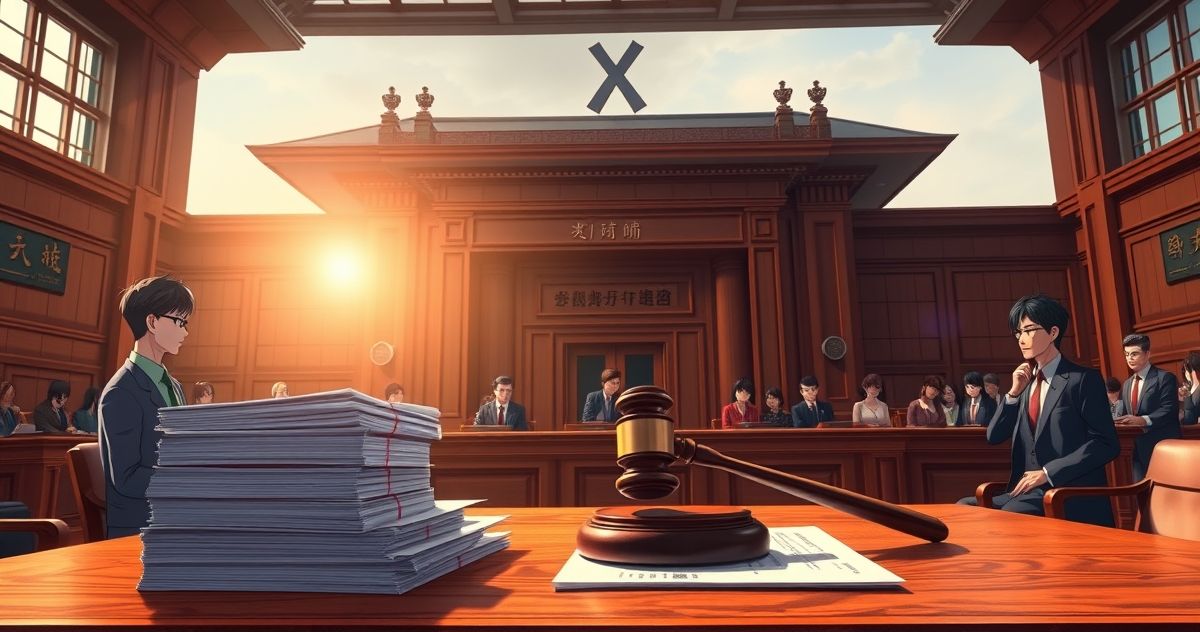
South Korea's political landscape entered uncharted territory as Special Prosecutor Cho Eun-seok's team filed a second arrest warrant request against former President Yoon Suk-yeol on charges of insurrection. This unprecedented legal action marks a dramatic escalation in the investigation that has captivated the nation and raised fundamental questions about democratic accountability and the rule of law.
Comprehensive Legal Documentation
The latest arrest warrant application spans an impressive 66 pages, demonstrating the prosecution team's meticulous preparation following the previous warrant's rejection. According to exclusive reporting by Hankook Ilbo, the special prosecutor's office has outlined four primary justifications for detention: risk of repeat offenses, flight risk, potential evidence destruction, and the gravity of the alleged crimes.
The comprehensive documentation reportedly includes detailed evidence of attempts to subvert constitutional order, focusing particularly on the controversial martial law declaration and subsequent actions that prosecutors argue violated democratic principles. This thorough approach suggests the special prosecutor's team has significantly strengthened their case since the initial warrant application.
Shifting Political Dynamics
The Democratic Party has welcomed the renewed arrest warrant request, emphasizing that no individual, regardless of their former position, should be above the law. Party officials have consistently argued that the severity of insurrection charges necessitates custodial investigation to ensure the integrity of the judicial process.
More remarkably, cracks have begun to appear within the conservative People Power Party's previously unified support for Yoon. Representative Kim Dae-sik made headlines by stating on YTN Radio that "the special prosecutor has followed proper procedures, and President Yoon should face investigation squarely." This departure from party orthodoxy signals a potential shift in conservative political calculations as the investigation progresses.
Historical Precedent and Constitutional Implications
This case represents an unprecedented moment in South Korean constitutional history. While previous presidents have faced prosecution for corruption and abuse of power, insurrection charges against a former head of state mark entirely new legal and political territory. The implications extend far beyond individual accountability to fundamental questions about democratic governance and constitutional limits on executive power.
The charges stem from Yoon's controversial martial law declaration, which critics argue represented an attempt to bypass democratic institutions and concentrate power in violation of constitutional principles. Legal experts suggest this case could establish crucial precedents for how democratic societies respond to alleged authoritarian overreach by elected leaders.
Enhanced Investigation Strategy
Sources close to the investigation indicate that the special prosecutor's team has gathered substantial additional evidence since the initial warrant rejection. This includes more detailed documentation of the martial law implementation process and potentially new witness testimony from key figures involved in the controversial events.
The 66-page warrant application represents a significant expansion from previous filings, suggesting prosecutors have addressed concerns raised during the initial court review. Legal analysts believe this comprehensive approach demonstrates lessons learned from the first warrant's rejection and a more strategic approach to presenting evidence.
Public Opinion and Social Impact
Public sentiment regarding the case remains deeply divided, reflecting broader political polarization in South Korean society. While some citizens view the prosecution as a necessary defense of democratic principles, others perceive it as politically motivated persecution of a former president.
Significantly, polling data suggests declining support for Yoon even in traditionally conservative strongholds, indicating potential shifts in public perception as the investigation unfolds. This evolving public opinion could influence both political dynamics and the broader social reception of eventual court decisions.
International Observations
The case has drawn attention from international observers interested in how established democracies handle allegations of authoritarian behavior by elected leaders. South Korea's approach to prosecuting a former president on insurrection charges could influence similar situations in other democratic societies facing challenges to constitutional governance.
Looking Forward
As the court prepares to review the second arrest warrant application, South Korea stands at a critical juncture in its democratic development. The judicial system's handling of this unprecedented case will likely establish important precedents for executive accountability and constitutional governance.
The outcome will significantly impact not only Yoon's personal fate but also broader questions about democratic resilience, the rule of law, and the peaceful transfer of power in one of Asia's most established democracies.
Original: https://trendy.storydot.kr/politics/yoon-arrest-warrant-second-request-2025


0 Comments